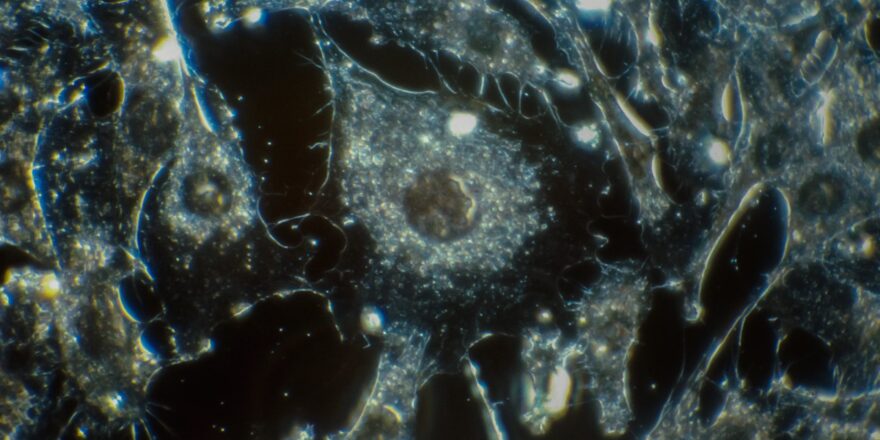Anti-ovarian antibodies (OA) can create an aggressive Th1 autoimmune disorder that attacks and removes healthy eggs and follicles from the ovaries. Low levels of anti-ovarian antibodies are routinely found in women’s blood (around 30% of healthy women have anti-ovarian antibodies in their blood samples), but these women have no problems ...
Luteal Phase Deficiency
Luteal phase deficiency (LPD) is also called “luteal phase defect” and it can prevent pregnancy even when an embryo implants in the womb. As the name implies, LPD is a dysfunction of the menstrual cycle’s second (luteal) phase, and there are two possible causes, which are often seen together: The luteal phase is too short Progesterone levels ...
Miscarriage
Miscarriage is almost a taboo subject that’s rarely discussed because of the distress involved. It’s usually only after a personal experience that people discover just how many of their friends and family have been there too. It’s believed that up to 50% of all pregnancies don’t progress, but most are very early on, and...
PCOS
Polycystic ovary syndrome (PCOS) is a complex hormonal, structural and functional condition that significantly reduces female fertility. Understanding how it develops is crucial when trying to prevent or treat it. The complexity of the condition and its connections with Endometriosis have inspired us to explain both conditions in great detail ...
Unexplained Infertility
Unexplained infertility is the diagnosis almost a third of couples who go to fertility clinics receive i after they’ve had a wide range of fertility tests. To be told at the end of this “we don’t know” is distressing and frustrating. In an ideal world, the “fertility work-up” involves laparoscopy to check fo...
Cytokines
Cytokines are a group of immune-modulating agents (they alter the body’s immune response) with similar actions to hormones. However, they’re not classed as hormones because they don’t come from discrete glands. A variety of cells (including white blood cells) produce cytokines, and they’re often spread around the body. ...
Symptoms, References & Risk Factors
The symptoms, references, and risk factors for thyroid disease are shown below, but not everyone with abnormal thyroid hormones gets all of the symptoms. To add further confusion, the symptoms don’t seem to fit everyone, and 10% of people with hyperthyroidism gain rather than lose weight! Thyroid disorders are diagnosed by testing hormone leve...
Human Leukocyte Antigens
Human Leukocyte Antigens (HLA) are small peptide proteins on the surfaces of all cells, and their function is to identify each cell as “self” to the immune system. Foreign cells (germs, viruses or parasites) don’t carry a person’s HLA on their surfaces, and the immune system sees them as “non-self”. The imm...
Leukocyte Antibodies
Leukocyte antibodies (LA) identify non-self leukocytes, and leukocytes are types of white blood cells that circulate in the blood, bone marrow, and lymph systems. These white blood cells are an essential part of the immune system and include the Natural Killer (NK) cells. The LA role is primarily to remove bacteria (or other foreign invaders)...
Antinuclear Antibodies
Antinuclear Antibodies (ANA) is an autoimmune condition with abnormally high levels of antibodies that target the genetic material in cells. These antibodies are quite normal in low concentrations, but in about 5% of the population, they’re elevated. For roughly half of these people, an autoimmune disease gets triggered, which causes the...










